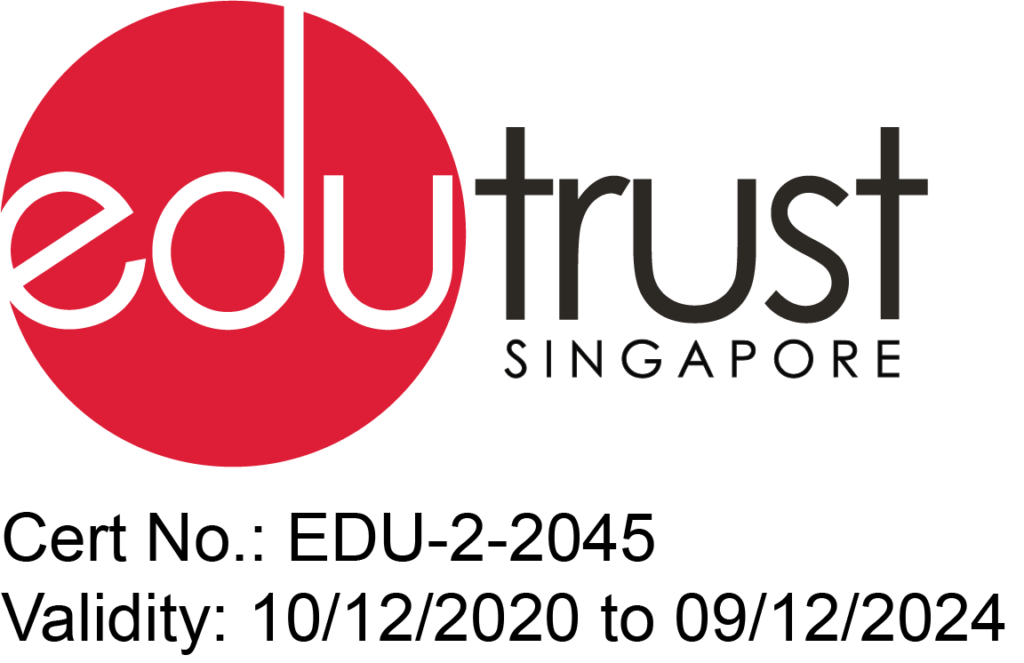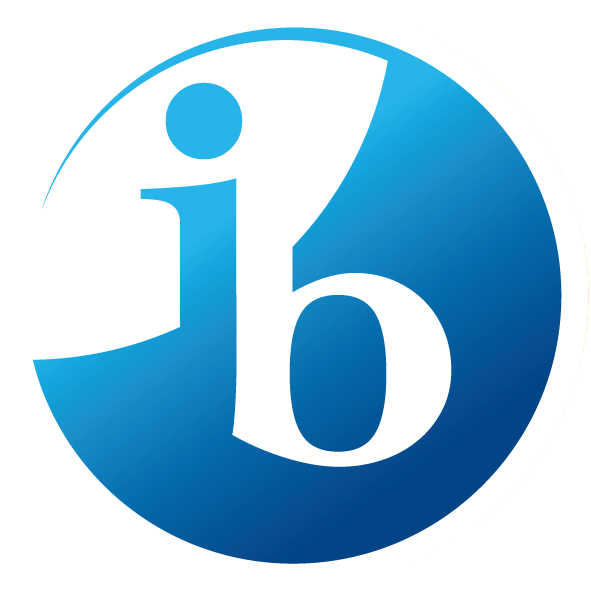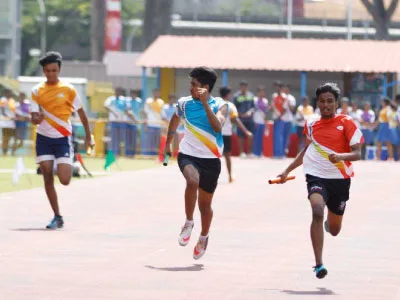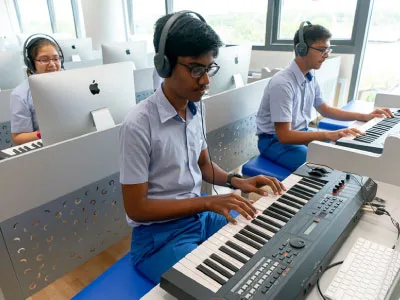The International Baccalaureate Diploma Programme (IBDP) is a popular pre-university curriculum that spans over two years, and is well known for its exceptional college preparation. The programme demands extensive research, collaboration, critical thinking and problem solving skills, closely resembling the university experience in many ways.
Students pursuing the IB diploma must select a course from six distinct categories. This selection process, if not thought through well in advance, can impact a student’s trajectory toward a future university education, and subsequently, their career path.

IBDP subject combinations: Find your best fit
The IBDP encourages a balanced education by requiring students to choose subjects from various disciplines, including languages, sciences, humanities, and the arts. This helps develop a well-rounded skill set and a broader understanding of the world.
1. Assess your preferred subject
Every student likes a subject that captivates their interest, the one they find most enjoyable to study. Recognising this particular subject can significantly aid in your IB subject selection process. For instance, if you’re drawn to the realm of Economics, considering it as one of your Higher Level (HL) choices would be beneficial. Furthermore, you could also opt for Business Management HL to complement and enhance your interest.
Your favoured subject should align with the one you’d choose for your Extended Essay (EE). Composing your Extended Essay in this subject has dual advantages. Not only will it enable you to delve deep into research within the scope of your preferred IB subject, but it also allows you to specialise further in that subject for your future university studies.
2. Exploring unfamiliar subjects
Take the initiative to gather more information about unfamiliar subjects. You can accomplish this by engaging in conversations with the subject teacher, the curriculum coordinator, or university guidance counsellor. Additionally, you can research the curriculum particulars available on the IB’s official website.
3. Understand the distinction between HL and SL
Standard Level (SL) and Higher Level (HL) subjects vary in content depth but they are assessed using identical grade descriptors. HL courses require students to exhibit a more extensive grasp of knowledge, comprehension, and skills. If you excel in a particular subject area, you might consider taking it at a higher level to challenge yourself and potentially earn college credit.
Moreover, each student undertakes a minimum of three (but no more than four) subjects at the higher level, with the remaining at the standard level. Recognising this distinction can be instrumental in determining which subjects are best suited for HL and which ones might be better at SL.
4.. Select subjects based on future academic goals
Different courses/degree programmes at universities require 1-2 compulsory subjects. You can check out the university courses and curriculum that you are interested in, and select your subjects accordingly.
For example, for students aspiring to pursue Economics at international universities, opting for Higher Level Mathematics is crucial. Prospective engineering students should focus on Mathematics HL and Physics HL, while those aiming for a medical career should prioritise HL Chemistry and Biology.
While some subjects may seem appealing now, your interests might change over the two-year course of the program. Selecting a mix of subjects provides flexibility to adapt to your evolving preferences and goals.
Even if your desired field of study at university remains uncertain, making informed selections of appropriate subjects in alignment with your prospective courses safeguards against restricting your future possibilities.
5. Minimise the impact of irrelevant factors
Occasionally, students opt for IB subjects solely because their friends or siblings have chosen them. Moreover, there’s a tendency to avoid certain subjects due to pre-conceived notions about their complexity or perceived difficulty in scoring well. It’s recommended not to be swayed by these influences without conducting thorough research to ascertain the facts.
Also read: Unveiling success: GIIS IBDP alumni share their thoughts on holistic education
IBDP at GIIS

Why choosing the right subject matters
Choosing the right subjects in the International Baccalaureate Diploma is crucial for several reasons:
Interest and passion: Selecting subjects in which you are genuinely interested in and are passionate about can make your learning experience more enjoyable and rewarding. When you’re engaged with the subject, you’re more likely to excel academically and explore topics in depth.
Time and workload: Different subjects come with varying levels of complexity and workload. Consider your time management skills and your ability to handle the demands of certain subjects, especially at the Higher Level (HL), which often requires more time and effort.
Minimise stress: Selecting subjects that align with your strengths and interests can reduce stress and anxiety related to your academic workload. It’s important to maintain a healthy balance between your academic pursuits and other aspects of life.
Holistic development: The IBDP aims to develop not only academic skills but also qualities like critical thinking, research skills, communication, and independence. Choosing a combination of subjects can contribute to your overall growth.
Cultural and linguistic exposure: The IBDP promotes intercultural understanding and multilingualism. By choosing subjects like languages, you can gain exposure to different cultures and languages, enhancing your global perspective.
The skills and knowledge gained from your chosen subjects can have long-term benefits in various aspects of life, from continued education to personal interests and career opportunities.
In summary, choosing the right subjects in the IBDP is important because it can shape your educational journey, influence your career options, and contribute to your personal growth and development. It’s essential to make thoughtful and well-informed decisions based on your interests, strengths, and aspirations.
The GIIS Singapore 2023 cohort has achieved remarkable results in the recently announced International Baccalaureate Diploma Programme (IBDP) scores. The school average of 35.9 points surpasses both the global average DP score of 30.24 points and Singapore’s average score of 35.05 points.
GIIS Singapore has produced over 100 World Toppers and Near Perfect scorers to date. These results are a testament to the unwavering commitment, resilience, and passion demonstrated by our student and teacher communities.
If you are keen to know more about IBDP at GIIS, please feel free to contact our admissions counsellors.












